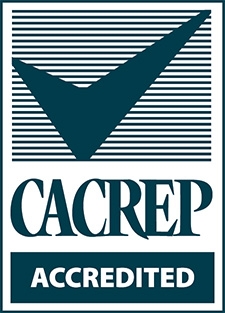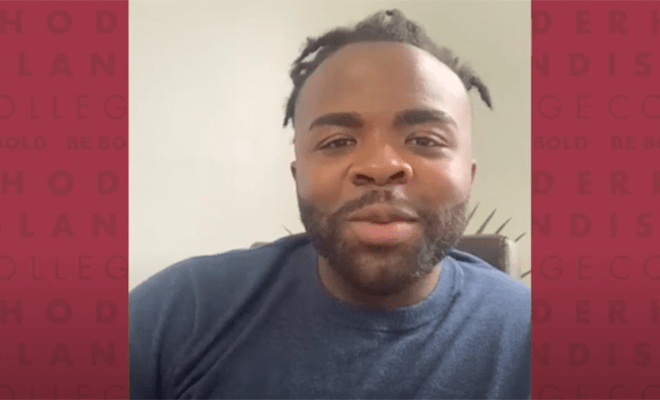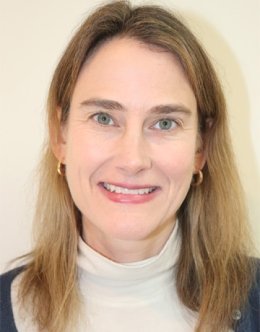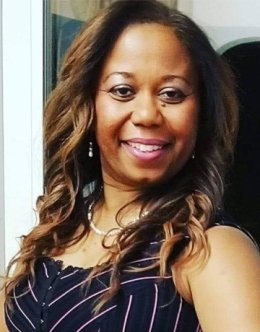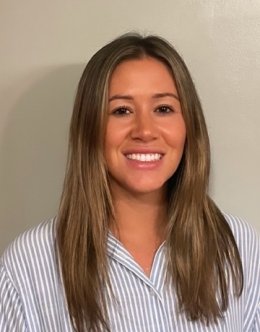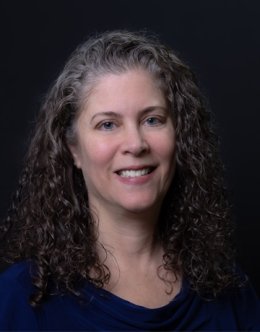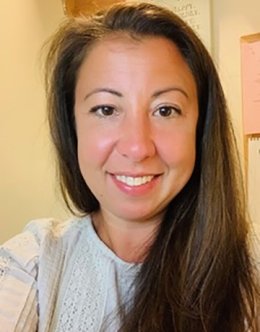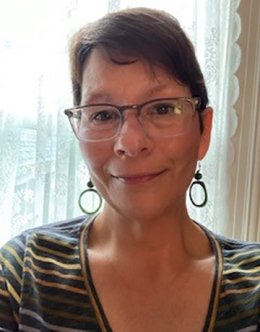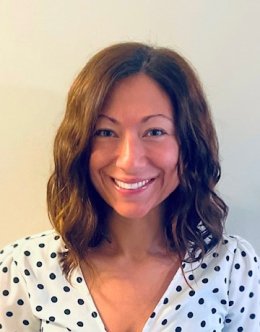Admission Requirements
To be considered for admission, provide the following by February 1:
- A completed application form accompanied by a $50 nonrefundable application fee.
- Official transcripts of all undergraduate and graduate records.
Note: A minimum cumulative GPA of B (3.00 on a 4.00 scale) in undergraduate course work, and a minimum GPA of 3.25 in previous graduate work is recommended. Applicants with undergraduate GPAs less than 3.00 will be considered upon submission of other evidence of academic potential. - A writing sample responding to a prompt
Note: the prompt is located in the FSEHD application - A résumé or curriculum vitae.
- A professional goals essay.
- Three letters of recommendation accompanied by candidate rating forms
- Performance-based evaluation.
Note: Standardized test scores are NOT required.
Deadlines
The deadline to submit a complete application packet is February 1. Materials must be postmarked by Feb. 1 to be reviewed. If materials are late, your application packet may be considered in the next cycle (the following year).
- Application Deadline: February 1
- Interview Offers: mid-February
- Interviews: mid-February to mid-March
- Notification of Acceptance Decision: March/April
- Admission Offers: Summer Semester
Interview
After Feb. 1, application materials are reviewed and select applicants are invited for individual and group interviews (scheduled mid-February to mid-March). Applicants receive official notification of their acceptance from the Rhode Island College Graduate School in April.
Matriculation
Once accepted into the program, students complete a plan of study with a faculty advisor and are matriculated into the program.
Federal Financial Aid
Contact the Office of Financial Aid
Additional Questions?
Please review our Frequently Asked Questions about the RIC MS Clinical Mental Health Counseling application requirements. For questions about applying, please contact the program director, Dr. Prachi Kene pkene@ric.edu. For questions related to submitting your online application materials, please contact Rosina Misuraca at 401-456-8896 or rmisuraca@ric.edu.


